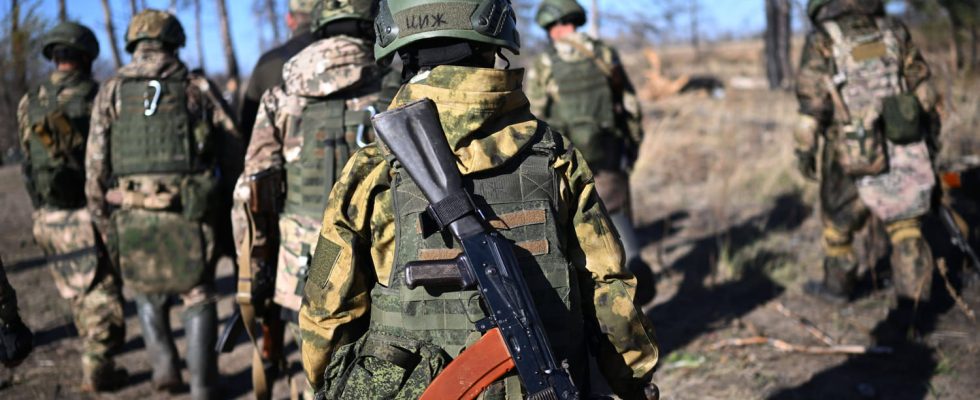Emmanuel Macron recently declared that sending French troops to Ukraine was not excluded. Who could be sent to war if this milestone were reached?
Emmanuel Macron has always been cautious regarding the conflict betweenUkraine and Russia. Although he claims to support Ukraine, he has always refused to send French troops to invaded European territory. However, his latest statements suggest a completely different discourse. If he estimated, during a conference at the Elysée, that there “was no consensus today to send ground troops in an official, assumed and endorsed manner”, he qualified by admitting that “nothing should be excluded”. “We will do everything necessary to ensure that Russia cannot win this war,” assured the president. His remarks surprised the presidential camp and were very poorly received by the opposition.
The spokesperson for the Russian Embassy in France, Alexander Makogonov, also warned about BFMTV Tuesday, February 27, of the scope that such an action could have: “Sending ground troops will be the red line because it could trigger the Third World War, and it will be war between the nuclear powers.”
But what did Emmanuel Macron really mean by these words? He specified that this hypothetical sending of troops to Ukraine would be mainly linked to “action categories” identified as priorities such as cyberdefense, the co-production of arms and munitions, support for the Belarusian border and even mine clearance operations. . It would not be a question of sending troops to directly fight the Russians, according to a source close to the executive at theAFP. Stéphane Séjourné, Minister for Europe and Foreign Affairs, affirmed that the presence of Western troops in Ukraine would not cross “the threshold of belligerence”. For his part, after recalling that France is not “at war with the Russian people or the Russian Federation”, Sébastien Lecornu, Minister of the Armed Forces, rejected the hypothesis of sending land combat units and would favor assistance provided by advisors, experts or even deminers, as reported BFMTV. European states and those of NATO have, however, dissociated themselves, not considering mobilizing soldiers for Ukraine.
Simple help or entry into war?
According to Jérôme Pellistrandi, director of the National Defense Magazine, near The Dispatch, the type of troops that France could send to Ukraine would rather be “support from French intelligence, which would allow Ukrainian forces to defend themselves with, for example, the definition of targets of high strategic value in Crimea or the surrounding area”. For TF1, Michel Goya, military consultant, also listed the different forms that sending troops could take. “There is first the clandestine form, with discreet structures. In short, the unacknowledged. From the moment you appear, there are also several stages,” he explained.
The first stage involves sending advisors or specialists to the rear of the front to help the Ukrainian armed forces. A further step would be taken by switching to support by air or artillery forces to target enemy soldiers. It is at this stage that it is an entry into war even if it is not through the direct engagement of combat forces in the action. However, France’s entry into a war is governed by the Constitution: it must be authorized by Parliament. The final step is to use all means for the fight.
How does mobilization work in France?
If France reached this final stage, who could be called to the front? According to Public life, if France entered the conflict, the first mobilized would be the professional soldiers and in particular the operational forces of the army. According to a report TF1, the French army would also train its soldiers for combat in the trenches, as they take place in Ukraine. These trenches were built two years earlier during the escalation of tensions in Eastern Europe.
If the army is overwhelmed, what would happen? Since the suspension of military service in 1997, an ordinary citizen cannot be sent to the front. In this case of extreme necessity, an additional reinforcement system would be put in place with the reservists. The military reserve is made up of volunteers approved by military authorities because of their skills. If this reserve were still not sufficient, it is difficult to know whether general mobilization would be possible.
